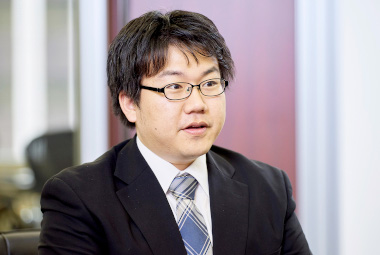
Yuki Sato
Qualification
Ph.D. of Biostudies (Kyoto University)
Practice Areas
Patent
Biotechnology
Education
Doctor of Biostudies, Kyoto University
Master of Biostudies, Kyoto University
Bachelor of Science, Kyoto University
Work Experience
Dr. Sato engaged in research of immune response after chromosomal abnormality.
Research Content
(1) Dr. Sato researched the phenomenon in which cells acquire resistance to later lethal stresses by exposure to moderate stresses in advance (acquired tolerance) at Kyoto University. In particular, he engaged in “acquired tolerance confirmed by prior moderate heat stress wave treatment of cells,” “screening of lead compounds for drug discovery targeting tumor cells exposed to the tumor microenvironment,” and “acquired tolerance confirmed after intracellular expression of artificial peptides that induce protein aggregation.”
(2) He also researched the innate immune response after chromosome fusion, a type of aberrant chromosome, occurs. He focused on micronuclei, one of the phenotypes observed after chromosome fusion, and analyzed whether micronuclei formation activates the cGAS/STING pathway. Specifically, he induced chromosome fusion for specific chromosomes and further induced and visualized chromosome fusion and micronucleus formation using a fluorescent protein (FuVIS system). Furthermore, he analyzed the cGAS/STING pathway response in living cells at the single-cell level using “live cell imaging technology,” “visualization of specific proteins using fluorescent proteins,” and “quantitative analysis of fluorescent images.” As part of the analysis of cGAS/STING pathway responses to micronuclei derived from sources other than chromosome fusion, he also analyzed the cGAS/STING pathway responses to mitotic inhibitors and after gamma-ray irradiation in the same way ([1])
[1] Y Sato and MT Hayashi Life Science Alliance 7.4 (2024).
